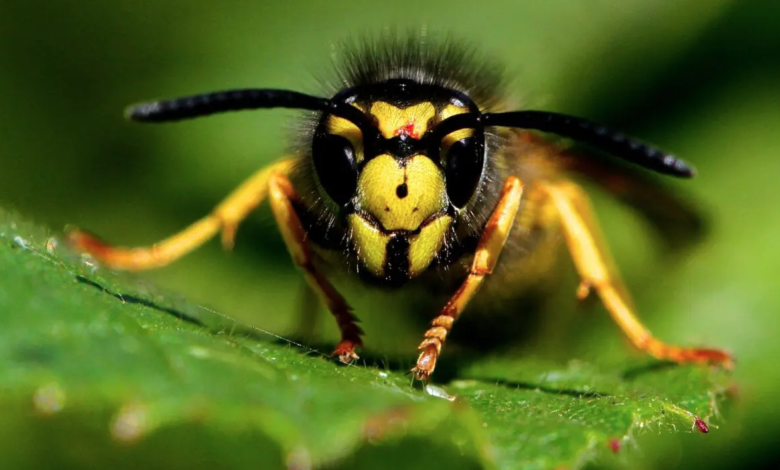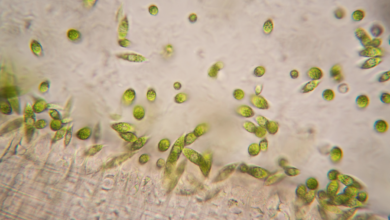Eight robot bees to save an entire ecosystem, Durham’s bet

In a few months robot bees will be tested in laboratory-recreated beehives between Austria and Turkey
(sustainabilityenvironment.com) – Reverse the decline of bees thanks to micro-robotics, artificial intelligence and machine learning. To give life to swarms of robot bees able to optimize the laying of eggs by the queen bee. Bringing her the food she needs exactly when she needs it. It is the heart of the EU-funded RoboRoyale project with which the University of Durham and other European research centers want to extend the life of pollinating insects.
Replicating robot bees to save pollinators
“We think we influence an entire ecosystem by interacting with one animal, the queen,” explains Farshad Arvin, robotic and computer scientist at Durham University. “If we can get activities like spawning to happen at the right time, we expect to have healthier broods and more active and healthy colonies. This will improve pollination”.
Unlike other similar projects – the idea of building robot bees is not new and is not relegated to the imagination of the writers of Black Mirror – RoboRoyale bet to influence an entire ecosystem, so potentially millions of individuals, acting on a single.
In the coming months, experimentation will start in hives recreated in laboratories in Austria and Turkey. The common courtesan bees, those that interact with the queen, will be replaced by “replicating” bees. Who will learn over time to adapt to the needs of the queen, optimizing the process of spawning by providing very protein food at the right time, but also the production of pheromones by the latter, an element that affects the behavior of the entire hive.
rtead also Safe corridors for bees, so the EU wants to improve the protection of pollinators
The system that will be tested will be put in the beehive from 6 to 8 remotely controlled robot bees, whose behavior is set on the analysis of data collected in the first months of the project through observations of the behavior of the queen.
Bee decline is accelerating and threatens much of Earth’s ecosystems. If these pollinating insects disappeared, the German Centre for Integrative Biodiversity Research calculated in 2021, 50% of known plant species would be at risk. And 30% wouldn’t be able to buy themselves out.





